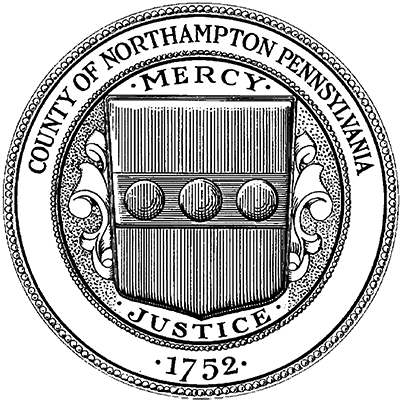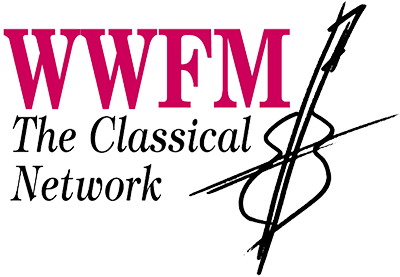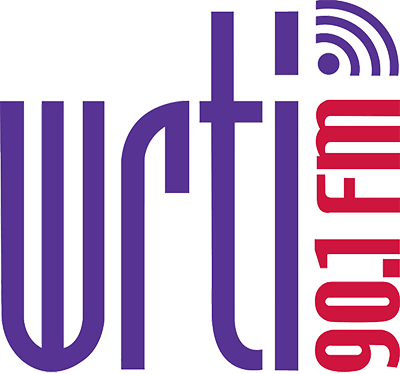
Imagine the scene: In one of the big, powdered-wig moments in Bach’s early career (he was just 22 years old at the first performance of Cantata No. 71), the ratswechsel, or town council, has assembled at the Marienkirche in Mühlhausen for their installation. They doubtless expect to hear fanfares and paeans to their leadership in a composition that dances the line between civic homage and sacred praise. That the composer was so young might have tilted their expectations more toward the former, the musician undoubtedly wanting to offer his respect to the civic leaders of his new city. Without introduction the choir intones the word “Gott” (God). A fleeting fanfare begins. The choir repeats “Gott, ” rising in pitch and intensity. The members of the ratwechsel raise their chins. More fanfare, and then the crux of Bach’s composition is offered by the choir, “Gott ist mein König,” (God is my King). I wonder what went through their minds! This was a cheeky reminder to the town elders of Bach’s ultimate allegiance and one of many reminders of Bach’s, shall we say, healthy disrespect for authority.
In fact, Bach had always evinced, through passive-aggression, disobedience, florid complaint, and even a bit of a temper, a disdain for authority figures, especially if they stood in the way of what he perceived as his mission in life, which was to develop as a musician to the highest levels, all to God’s glory. Indeed, one of his greatest compositions, The Musical Offering, is thought to be a direct rebuke to Frederick the Great’s espousal of the (at the very least) musical values of the Enlightenment. It shouldn’t surprise us that young Bach was tweaking the authorities, because it’s a pattern that weaves throughout his entire life. It’s also a personality characteristic that endears him greatly to those of us who toil to make music in the church.
It should also be said that Bach was able to, in many instances, use what had to have been considerable charm to assuage whatever roiled feelings he left in his path (though not always – his disregard for authorities once landed him even in jail!). In fact, later in Cantata 71, he tips his hat to the outgoing mayor in an aria, and concludes the piece by asking God’s blessing on the new government. He certainly charms listeners with beautiful music. In one of the most evocative movements, on the text of a verse of Psalm 74 “You would not give the enemy the soul of your turtledove,” he creates a sound picture of murmuring doves, with trilling flutes and oboes, as the choir sings the text in a rare homophonic setting. Likewise there is one of his great early arias, a piece for bass soloist with the text, again, from Psalm 74 (16-17), “Day and night are yours. You have arranged that both sun and stars have their assigned course. You set for every land its boundaries.” The bass sings “Tag und nacht ist dein,” in a wonderful descending melody. The first and last movements conclude in a kind of whimsical anti-climax, after the choir predicts, with God’s blessing, good fortune, well-being and great triumph, the orchestral epilogue consists of oboes, and then two flutes, playing a fanfare figure in a kind of anti-fanfare of reduced instrumentation, which Greg Funfgled has remarked reminds him of Haydn’s “Farewell Symphony.” The entire piece is charming and shows the fires of creativity and experimentation that marked Bach’s early years. This piece will open the Friday afternoon concerts on May 3 and 10th.
We return to the inauguration of a town council later in Bach’s career, this time in Leipzig, in August of 1723. Bach is now 38 years old, and in a particularly fertile time of creativity, and Cantata No. 119 represents his growing maturity as a composer. Gone are frequent gear shifts of tempo and mood within individual movements, and his music has a much more evolved sense of flow and his contrapuntal facilities are operating at a very, very high level. He has also, it should be said, figured out how to tow the line with the civic authorities – this cantata is much more artful in its dance between sacred and secular. There’s even a bit of text in an alto aria that asserts and asks:
Authority is God’s gift, indeed the very likeness of God. Whoever fails to measure its power must also forfeit all memory of good: how would his word otherwise be fulfilled?
The cantata begins with a French overture with fanfares from the uncharacteristic four trumpets of the orchestra, ornately regal dotted rhythms, a kind of florid, slow moving dance. Things pick up with the entrance of the choir on a text of praise that morphs into a dexterously moving dance in three, with heavily ornamented lines of counterpoint.
After a recitative, an evocative aria for tenor, continuo, and two oboes da cacia, or in our use, English horns, with their more rustic sound. The lovely text:
Fortunate are you, people of linden groves, fortunate are you, your lot is good. How much of God’s blessing together with his favor filled to overflowing, can you find among your number.
A lovely aria for two flutes in unison, continuo, and alto follows a bass recitative. This the aria extolling authority creating an aural picture of devoted obedience.
After a soprano recitative, there follows another choral dance, with more fanfare figures from the four trumpets, a prayer of praise and gratitude, and a request for God’s blessings on the new government. This is one of Bach’s most infectiously cheerful choruses – I dare you not to smile or tap your foot! Bach is at his most playful with this contrapuntally and rhythmically zippy chorus.
After a concluding recitative from the Alto, the piece ends with an earnest prayer of hope and a request for God’s protection and blessing. The harmonization of this final chorale is a smidge more chromatic than usual, adding a sober conclusion to the festivities, once again remind as he did many years ago in Mühlhausen, that no matter the government in power, the promises of Jesus Christ, in whom he believed so fervently, were the ultimate source of authority and deliverance. Cantata No. 119 will begin the Friday evening programs on May 3rd and 10th. The shift in mood of the closing chorale will help prepare our ears for Morten Lauridsen’s euphorically beautiful Lux Aeterna, which will follow it in the program, and, about which I will be posting next!










































